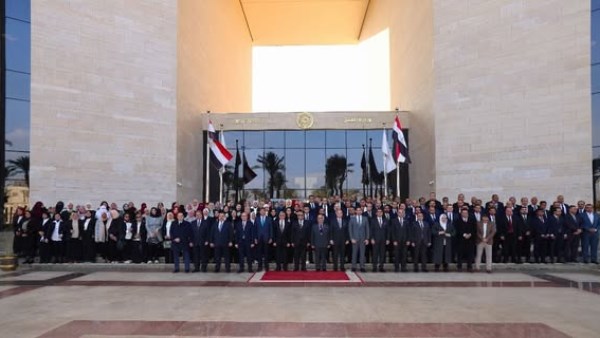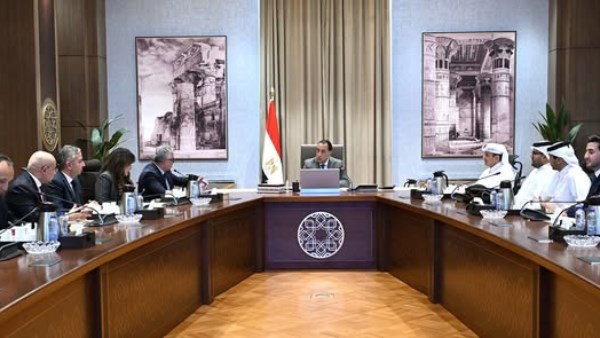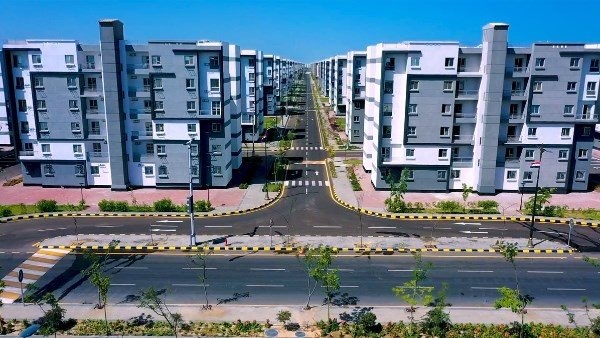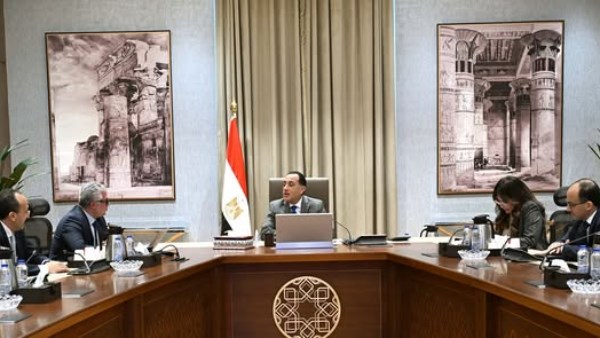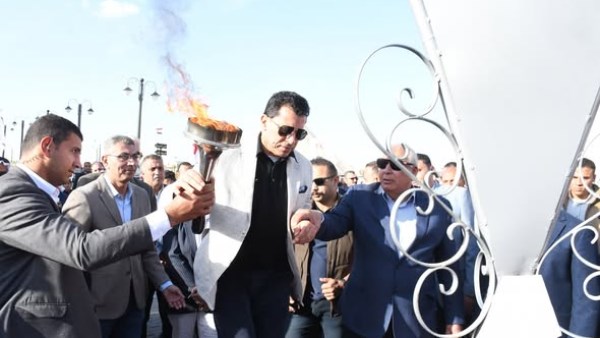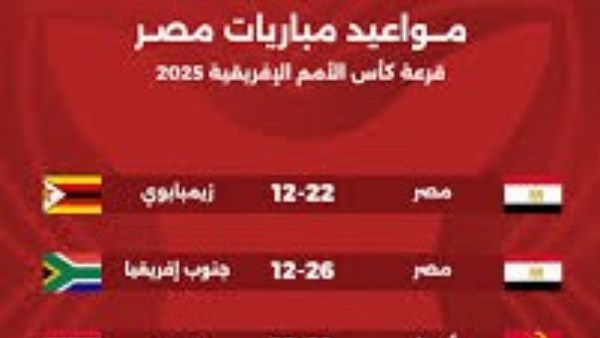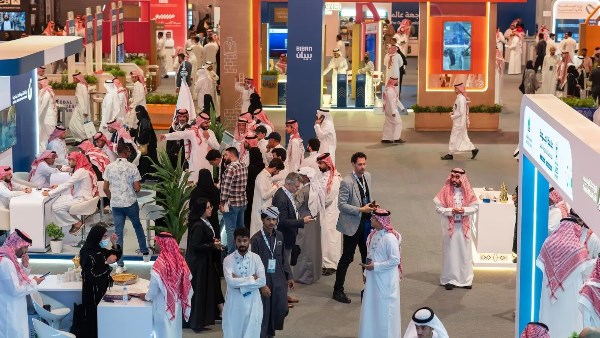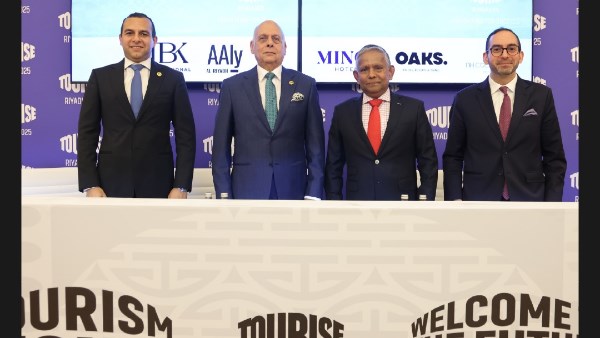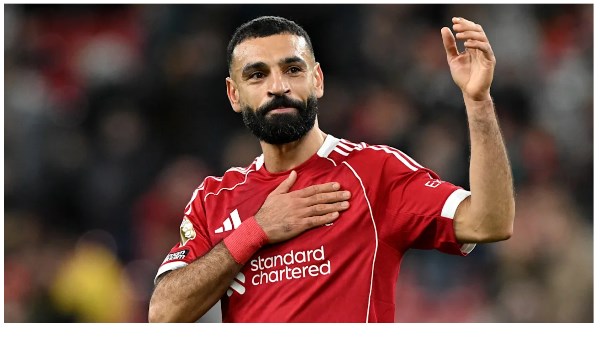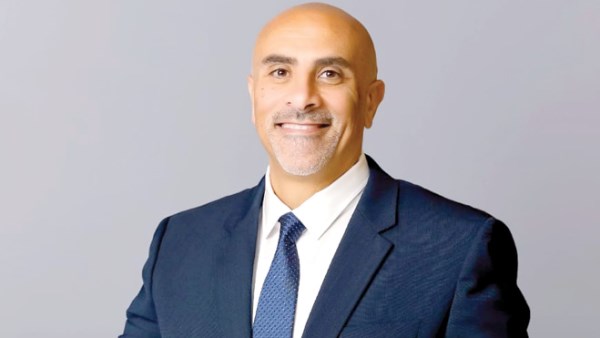
Moody’s Ratings cut the nation’s credit rating further into junk status
Senegal to Revise IMF Program After Audit Shows Higher Deficit
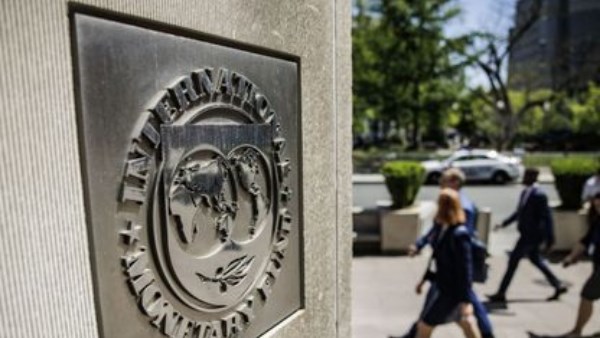
Senegal’s program with the International Monetary Fund needs to be reworked after an audit showed higher debt and budget deficit than previously reported.
Authorities are aiming to meet all the conditions to reach a new agreement with the fund by the first quarter of 2025 at the latest, Finance Minister Cheikh Diba said on the sidelines of the fund’s annual meeting in Washington.
“The current program must be updated,” Diba said. “We’re in the process of discussing with the fund.”
Last month, a review of Senegal’s finances during the past five years of ex-President Macky Sall’s regime showed the country’s public and budget deficit were significantly higher than previously reported. The audit ordered by new President Bassirou Diomaye Faye showed the budget deficit stood at more than 10% of gross domestic product, almost double the 5.5% reported under Sall.
The audit, followed by an independent IMF review, concluded the ratio of debt to GDP at the end of last year stood at over 80% compared to 73% previously reported. Moody’s Ratings cut the nation’s credit rating further into junk status earlier this month and placed it on watch for further downgrade. The spate of negative news led to a brief selloff of Senegal’s Eurobonds.
Senegal, which secured a $1.8 billion funding arrangement from the IMF in 2023, has now put its program with the fund “on hold.” A disbursement of 338 billion CFA francs, originally scheduled for this year, likely won’t happen before 2025, Diba said.
Fundamental discrepancies
“We were aware of the consequences,” he said. “But when we realized there were these fundamental discrepancies between the figures that had been communicated to the fund, and that formed the basis of our relationship, we realized we had to report them.”
Senegal won’t be asked to repay the funds already disbursed, according to Diba.
“That would’ve been the case if we had tried to hide the fact and gotten caught,” he said. “In this case, Senegal did the audit and returned to the IMF with the correct numbers.”
A few days into his presidency, Faye announced a review of Senegal’s natural resources industry, including contracts signed with its partners to ensure they’re optimized for the state’s benefit. The president has signaled that Senegal might try to take more control of its resources just as the country is on the cusp of becoming a significant oil and gas producer.
The audit would review the contracts to “ensure they’re in line” with the law, Diba said.
“We can’t change the rules of the game during the game, but the state’s entitled to see if the contracts respected the mining and oil codes in place at the time,” he added “If there’s some deviations from the codes, we’ll try to correct them and move forward.”
Senegal is preparing to open the taps this year on the $4.8 billion Grand Tortue Ahmeyim liquefied natural gas project, led by BP Plc and Kosmos Energy Ltd., after numerous delays. The Sangomar oil development operated by Woodside Energy Group Ltd. came online in June.
The projects are expected to spur economic growth of 6% this year and over 10% in 2025.





-1120252475029447.jpg)
-920252122624392.jpg)




